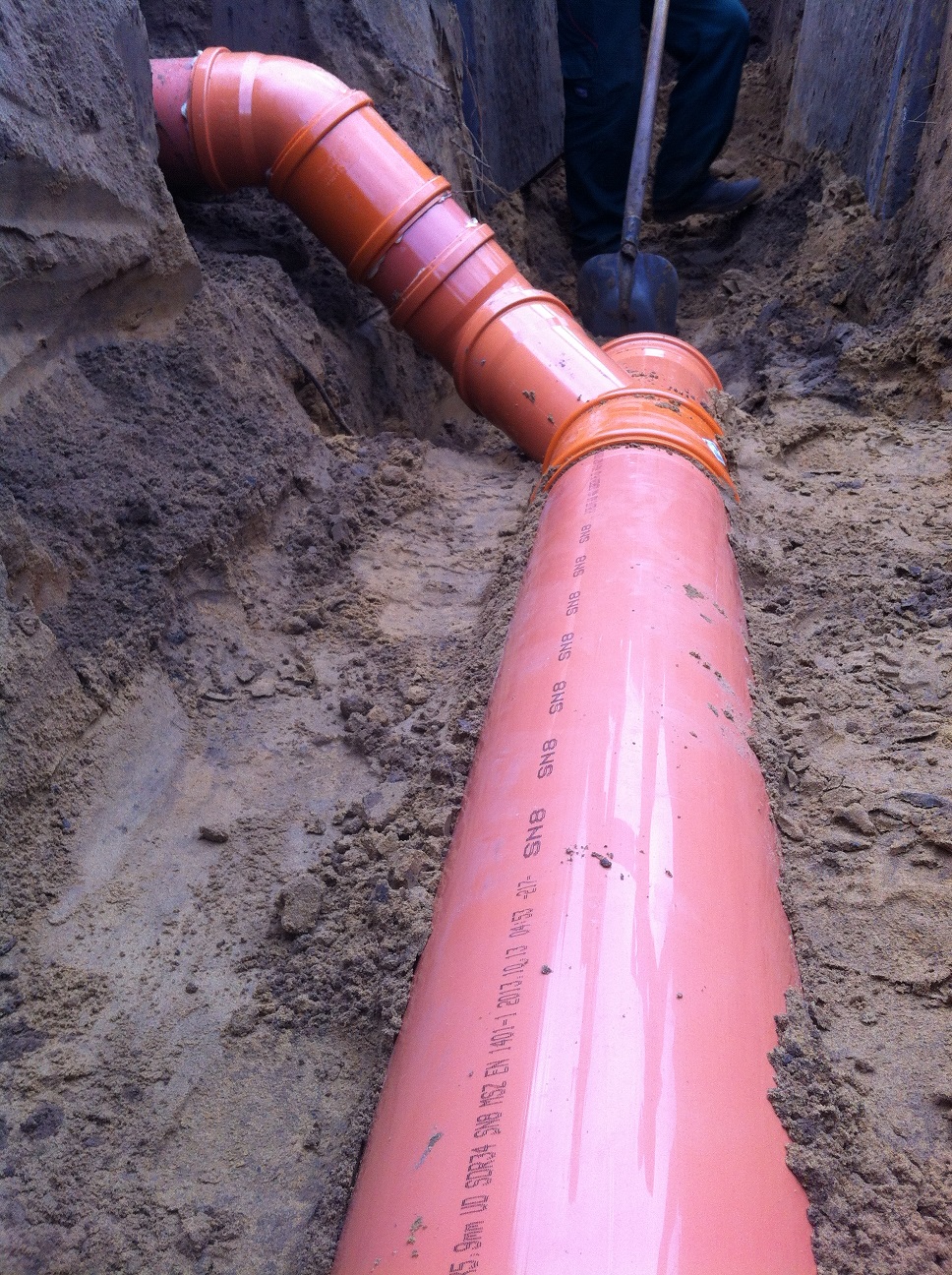
Titanium, diamonds, even spider silk – all materials which have been lauded as the strongest to be found in nature. Then there are the manmade structures – steel, graphene and all-new carbyne. But strength is relative. Not every application needs the hardest, strongest, most resilient material. Could it be the case that sometimes, materials are overspecified?
Take civil engineering pipelines – sewers and stormwater drains – as an example. They’re rugged, tough applications that require a hard, heavyweight material to withstand the demands of large volumes and velocities. Or do they? Could another material do the same job?
While plastic pipes for these applications have been adopted by many countries, particularly emerging economies, they’re not commonplace everywhere. It’s often thought that plastic pipes lose stiffness over time, reducing the load bearing capacity – just one reason given for the absence of plastic pipes on some civil engineering specifications. We’ve investigated this thoroughly over a four year period and are pleased to share the results.Full scale field trials included investigation of internal pressure, traffic load and time effect to extrapolate the performance of plastics over time – with a view to proving long-term load bearing capacity. The findings may surprise you.
Without reading ahead, can you guess which material – plastic or steel – deflected by the greatest amount over a period of 1,500 days?
Well, there’s really not much to choose between them.
Each material (plastic and thin wall steel pipe) deflected somewhere in the region of 4% and 6%. Even the initial deflection during the settlement period varied little, and from around 200 days onwards, no additional deflection at all was recorded. The ring deflection of flexible pipes was found to be controlled by the settlement of soil, with traffic and other loads having no affect after the ground had settled – proving that plastic does not weaken over time and in fact is just as durable as steel.
All of which means that the relative strength of plastic makes it more than deserving of consideration for civil engineering applications.
Click here to view the full Buried Pipes Study from TEPPFA.


